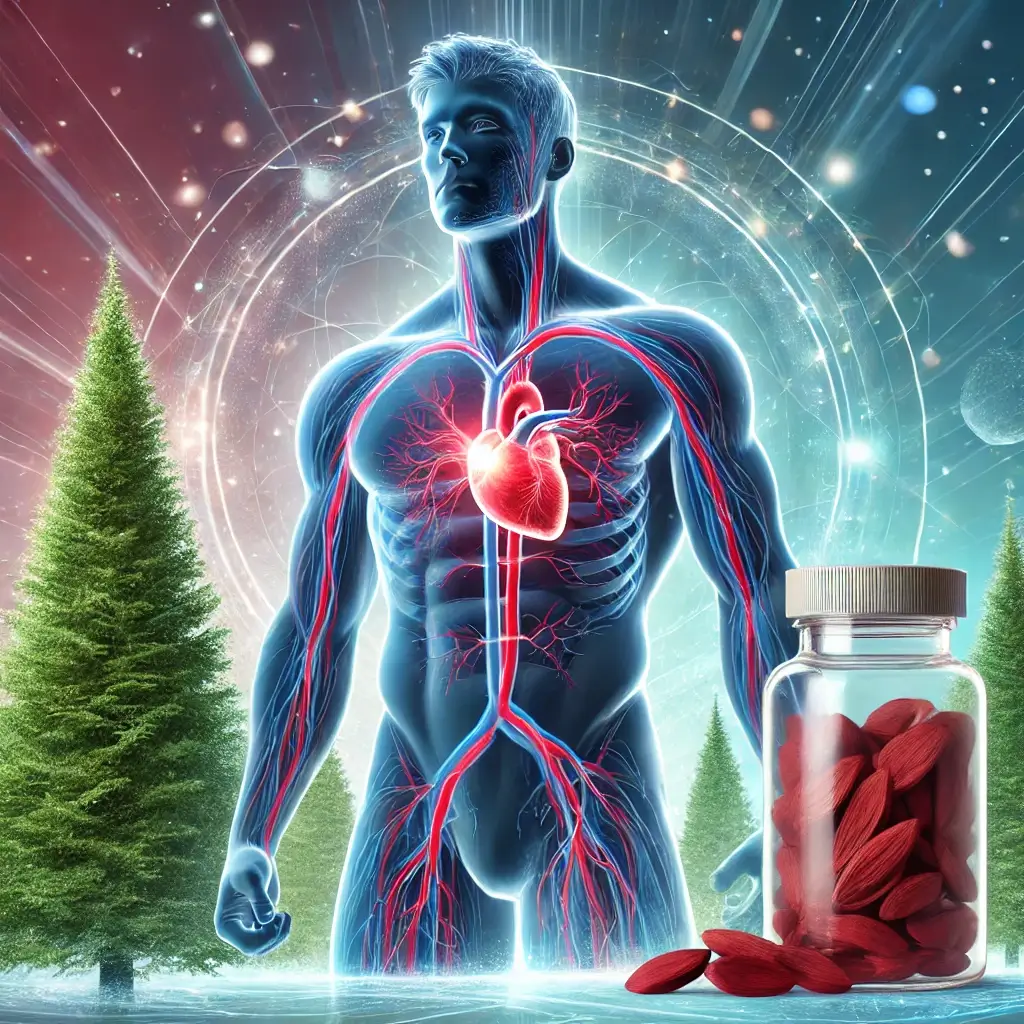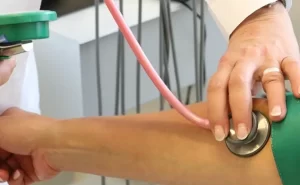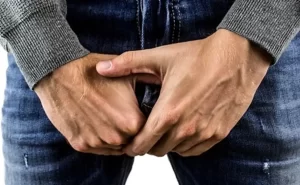There is a Correlation Between Obesity in Men and Erectile Dysfunction, as well as a Low Sperm Count
In males, obesity is associated with both erectile dysfunction (ED) and oligospermia, which is a condition in which there are fewer sperm than normal. To illustrate the connection, below is a breakdown:
(ED) stands for erectile dysfunction.
Problems with the Vasculature Obesity can be a factor in erectile dysfunction (ED) by causing damage to blood arteries throughout the body, including those that feed blood to the penis. When circulation is compromised, it is difficult to achieve and maintain an erection, which is necessary for erections. Erections require enough blood flow.
Insufficiency of Hormones: Being overweight can result in hormonal imbalances, including reduced testosterone levels. Testosterone is essential for male sexual performance, and when levels are inadequate, it can contribute to erectile dysfunction (ED).
Oligospermia, often known as low sperm count:
Obesity can influence the production of estrogen in guys, which can lead to an increase in estrogen levels. Oestrogen is essential for females, but when it is present in excessive amounts in males, it can inhibit the creation of sperm.
Sperm quality and quantity can be negatively impacted by inflammation, which is a chronic condition that is frequently connected with obesity.
The presence of fatty tissue around the testes might lead to an increase in scrotal temperature, which can have a detrimental effect on the individual’s production of sperm.
Aspects to Consider and Their Impact:
Both erectile dysfunction (ED) and a low sperm count might have an impact on a man’s fertility chances. Having an erectile dysfunction (ED) might make it challenging to conceive a child, and having a low sperm count can decrease the likelihood of fertilization.
Weight problems can improve not only sexual health but also total well-being. Obesity is linked to a variety of health concerns, and addressing weight problems can enhance both sexual health and overall well-being.
It is essential to consult your physician if you are having erectile dysfunction.
Attempts to Solve the Problem:
Weight management can significantly improve blood flow, hormone balance, and sperm production. Even a minor amount of weight loss can have this effect.
Alterations in lifestyle:
- Keeping a nutritious diet.
- Engaging in regular physical activity.
- Learning to effectively manage stress is a factor that can lead to weight loss and improved sexual health.
Talking to Your Doctor: It is essential to consult your physician if you are having erectile dysfunction (ED) or if you suspect that your sperm count is low. They can evaluate the problem, determine the underlying causes (which may include obesity), and make recommendations for the most suitable treatment methods.
Various treatment options are available, such as medication, lifestyle changes, or referrals to urologists or reproductive specialists.
The following is a list of resources that you might find useful:
Mayo Clinic: https://www.mayoclinic.org/diseases-conditions/erectile-dysfunction/symptoms-causes/syc-20355776
American Urological Association: https://www.auanet.org/guidelines-and-quality/guidelines/male-infertility
National Institute of Child Health and Human Development: https://www.mayoclinic.org/healthy-lifestyle/getting-pregnant/in-depth/fertility/art-20047584
It is important to keep in mind that obesity is a problem that can be treated, and even a significant weight reduction can have a big positive influence on your general health, including your sexual health. If you have any concerns, do not be afraid to discuss them with your physician.













